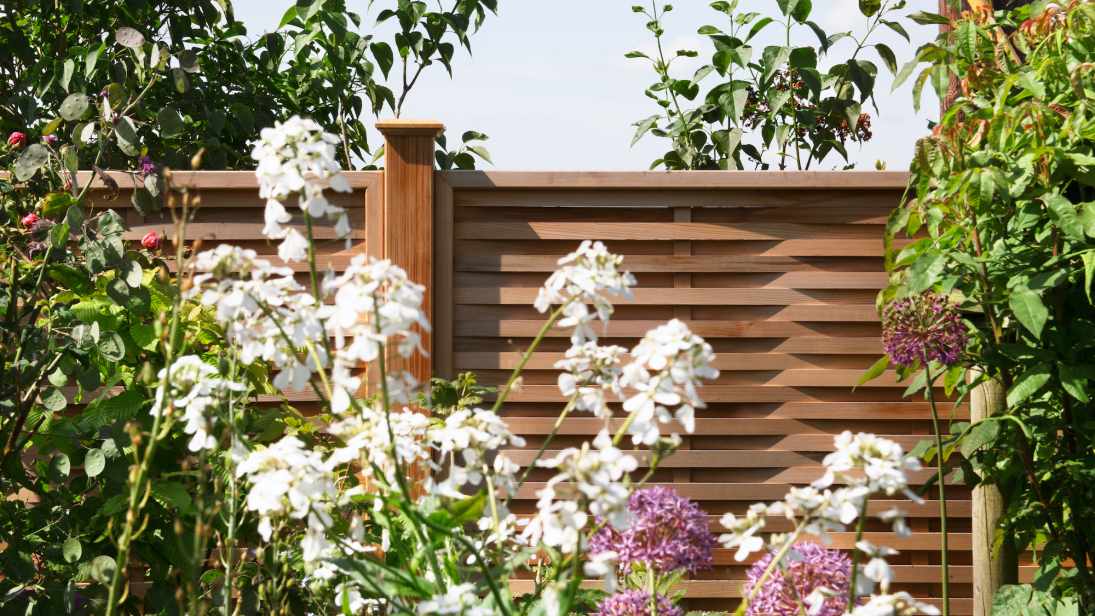All Categories
Featured

When setting up a fencing, choosing the appropriate material is crucial to stabilizing capability, looks, and budget. Timber, plastic, and light weight aluminum are amongst the most typically chosen fencing materials, each with its drawbacks and strengths. This overview checks out the advantages and disadvantages of these choices to aid you make an educated decision.

Wood Fence. Pros:. All-natural Beauty: Timber's ageless beauty can enhance any kind of building with its cozy and classic look. Adjustable: You can paint, tarnish, or carve timber to fit your design preferences. Budget-friendly: Timber fence is originally extra economical contrasted to some other products. Eco Friendly: As a renewable energy, timber is eco-friendly and often considered environment-friendly. Cons:. Maintenance-Intensive: Normal sealing, painting, or staining is needed to stop damage from climate and parasites. Prone to Decay: Without correct treatment, timber can rot, warp, or split in time. Much shorter Lifespan: Usually, wood fencings last 10-15 years, depending on the kind of timber and upkeep. Wood is a fantastic option for those who value aesthetic appeals and are ready to spend in routine maintenance to protect its appearance and durability.
Plastic Secure Fencing. Pros:. Reduced Maintenance: Plastic requires minimal care-- just occasional cleaning with soap and water. Climate Resistant: It does not warp, rot, or catch insect damage, making it highly durable in different environments. Durability: Plastic fencings can last 20-30 years with little to no repair work. Design Selection: Available in a vast variety of structures, colors, and styles, consisting of wood-like appearances. Disadvantages:. Higher Initial Expense: Plastic fencings are a lot more pricey upfront contrasted to timber. Susceptability to Cold: In extremely cold climate, vinyl can become breakable and prone to splitting. Restricted Repair Service Options: Matching replacement panels can be testing if damage happens. Plastic secure fencing is perfect for homeowners searching for a resilient, low-maintenance option that supplies contemporary convenience.

Aluminum Secure Fencing. Pros:. Rust-Proof: Aluminum resists rust, making it an exceptional choice for damp or wet atmospheres. Durable: Despite being light-weight, light weight aluminum is strong and can withstand rough climate condition. Low Maintenance: It requires very little maintenance, typically only periodic cleaning. Long Lifespan: Light weight aluminum fencings can last decades without significant wear and tear. Sophisticated Design: Usually made use of for ornamental functions, light weight aluminum fence includes a streamlined, advanced seek to buildings. Cons:. High First Financial investment: Light weight aluminum fences are among the pricier options on the market. Much less Personal privacy: The open designs common with light weight aluminum fencing don't give much personal privacy. Prone to Damage: While durable, light weight aluminum can damage if struck with adequate pressure. Light weight aluminum is a superb selection for home owners focusing on aesthetic appeals and toughness without calling for much upkeep.
Making Your Decision. When choosing in between timber, vinyl, or aluminum fencing, consider your concerns:
Wood matches those who value a natural look and do not mind putting in upkeep effort. Vinyl is the most effective option for those looking for a low-maintenance, weather-resistant remedy. Aluminum uses sleek style and resilient toughness however might lack privacy. By very carefully evaluating these products' functions, you can choose a fencing that complements your property while meeting your useful and visual demands.
Latest Posts
Which Furnishings Products Are Best for Toughness and Design?
Published Jan 20, 25
0 min read
Experience Quality Craftsmanship with Idaho Fence
Published Jan 20, 25
1 min read
Custom Bathroom Solutions by Bath Fitter
Published Jan 20, 25
0 min read